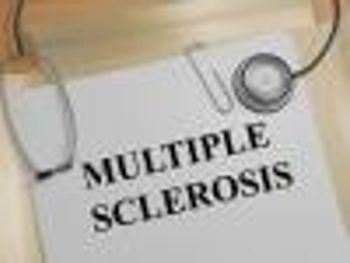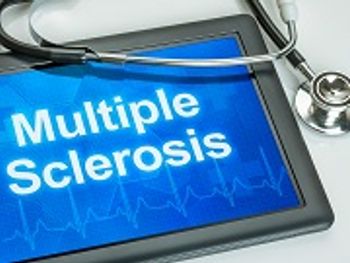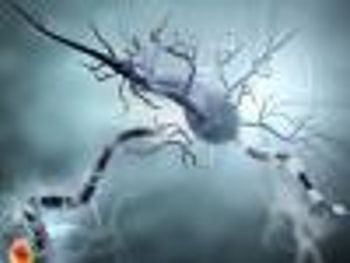
A look at last week's top stories in the world of pharmacy.

A look at last week's top stories in the world of pharmacy.

A look at last week's top stories in the world of pharmacy.

A multiple sclerosis drug may be used as a PET scan tracer agent to image demyelination.

Controlling cholesterol synthesis expression may reduce walking disability in patients with multiple sclerosis.

A number of landmark clinical studies in the field of MS have been published, shaping how the disease is treated.

An investigational immunotherapy for multiple sclerosis targets Epstein-Barr virus.

A panel of multiple sclerosis experts recently modified the 2010 McDonald Criteria to improve the diagnostic process.

Estrogen produced during pregnancy could reduce multiple sclerosis relapses by 70%.

Taurine may increase the remyelination effects of multiple sclerosis treatments.

A look back at the top articles of the year on Specialty Pharmacy Times.

The market for disease-modifying multiple sclerosis drugs is projected to reach $25.3 billion by 2026, according to a new report.

Significant opportunities exist for the development of new drugs for relapsing remitting multiple sclerosis.

Human Vaccines Project seeks to decode the human immune system to facilitate accelerated development of diagnostics, vaccines and therapies for major global diseases.

Fingolimod was previously approved to treat relapsing multiple sclerosis as a once-daily disease-modifying therapy.

Disrupting the circadian rhythm exacerbate multiple sclerosis symptoms.

Patients with multiple sclerosis who eat healthy could reduce their risk of severe disability by 20%.

Increasing myelin production by targeting oligodendrocytes shows promise as a treatment for multiple sclerosis.

Treating aging patients with immunomodulatory drugs further increases the risk of infections.

The presence of a nerve protein in the blood may indicate the development of new T1 and T2 lesions resulting from multiple sclerosis.

A small number of multiple sclerosis cases following vaccinations affected compliance with vaccination recommendations.

Top articles of the week from The American Journal of Pharmacy Benefits.

Cell structure may allow immune cells to attack myelin in multiple sclerosis.

Another study suggests gut bacteria has an important role in triggering multiple sclerosis.

Targeting specific transportation system across the damaged blood-brain barrier could halt MS disease progression.

Multiple sclerosis researchers actively seek new agents than can promote repair and remyelination.